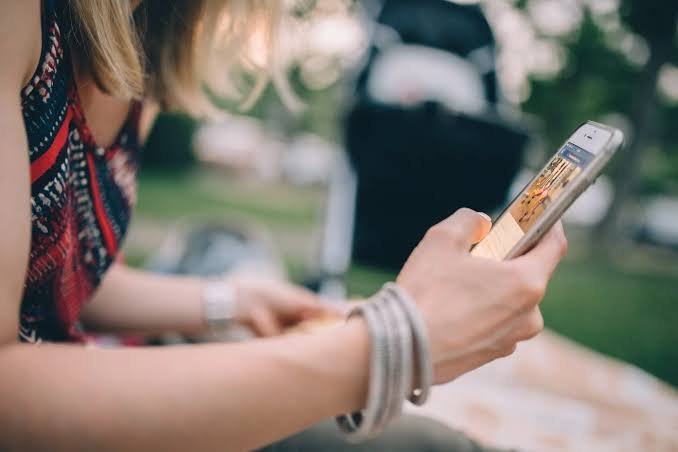Brazilian President Luiz Inácio Lula da Silva signed a bill on Monday that limits smartphone usage in classrooms, following a worldwide trend toward smartphone bans,
This action will come into effect in February, in primary and high school throughout the South American country. It offers a legal framework to guarantee that students use these gadgets exclusively in emergency situations and danger, for educational purposes, or when they are disabled and need them.
“We cannot allow humanism to be replaced by algorithms,” Lula said in a closed ceremony at the presidential palace in the capital, Brasilia, adding that the bill “acknowledges the work of every serious person in education, everyone who wants to take care of children and teenagers in this country.”
Leading university and think tank Fundacao Getulio Vargas claimed in May that, with 258 million cell phones for 203 million Brazilians, the country had more smartphones than people. According to local market researchers, Brazilians use screens for nine hours and thirteen minutes a day, which is among the greatest amounts in the world.
Camilo Santana, the Education Minister, told reporters that limiting cellphones in schools will benefit parents because children are using the internet at younger ages, making it more difficult for them to monitor their behavior.
Rare support for the bill came from both former President Jair Bolsonaro’s far-right opponent and leftist Lula’s backers.
The decision was also approved by a large number of parents and pupils. According to a survey conducted in October by Brazilian pollster Datafolha, nearly two-thirds of participants were in favor of prohibiting kids and teens from using smartphones in class. More than 75% of parents claimed that their kids suffer more negative effects from those devices than positive ones.
Local legislation to prohibit such devices in schools has already been passed in the Brazilian states of Rio de Janeiro, Maranhao, and Goias. Authorities have had difficulty enforcing these regulations.
The question of whether cell phones should be prohibited in both public and private schools is being debated by authorities in Sao Paulo, Brazil’s most populous state.
A report published in September by UNESCO, the United Nations Educational, Scientific and Cultural Organization, said one in four countries has already restricted the use of such devices at schools.








